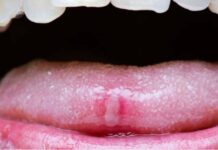Affiliate Disclaimer
Some links in this article are affiliate links. We may earn a small commission if you make a purchase through these links, at no extra cost to you. We only recommend products we find useful to our readersWhile a blood blister in the mouth may initially seem concerning, it’s usually a small problem that is simple to resolve. When the mucous membranes or blood vessels beneath the skin are injured, localized swelling occurs, resulting in fluid-filled lumps. Although they can appear anywhere in the mouth, they are most frequently observed on the tongue, gums, or inside the lips.
The causes are as varied as the people who encounter them. A blood blister can develop for a number of reasons, including unintentional bites, hard brushing, and certain medical diseases, including infections or blood abnormalities. Even though they are usually harmless, it’s essential to comprehend their underlying causes and get the appropriate care to avoid complications or reoccurring problems.
What is Blood Blister?
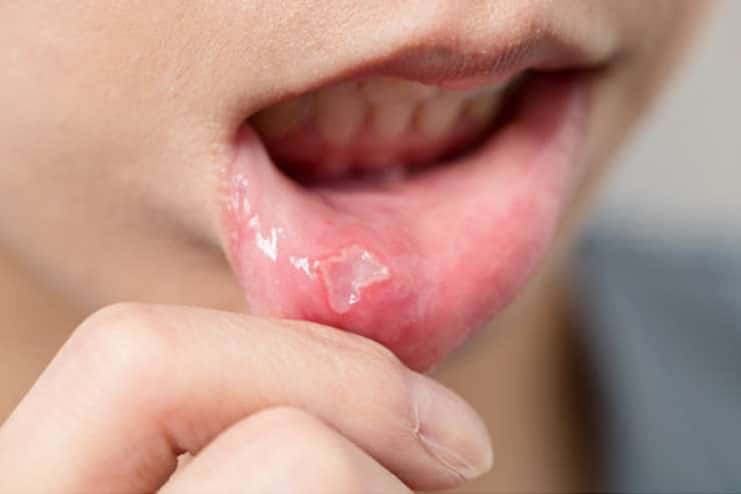
Blood blisters occur in your mouth when the blood vessel beneath the skin layers gets torn or ruptured. As these blisters tend to absorb blood or other fluid trapped inside, they look like pimples. When the blisters get infected, they can be highly painful. You can feel the pain while chewing food.
Experts say that if you suffer from the disease, your overall oral activity will be limited, and you will also find difficulties in your teeth and mouth movement. Blood blisters inside your mouth are quite different from normal blisters.
As mentioned earlier, these blisters contain various liquids other than blood. There are various causes behind the appearance of blood blisters in your mouth. Even a trauma is enough to create a blood blister.
Additionally, a blood blister can also be one of the signs of oral cancer. Therefore, it is essential to find the cause behind your blood blister to get it treated as soon as possible if you are suffering from it.
7 Major Causes of Blood Blister in Mouth
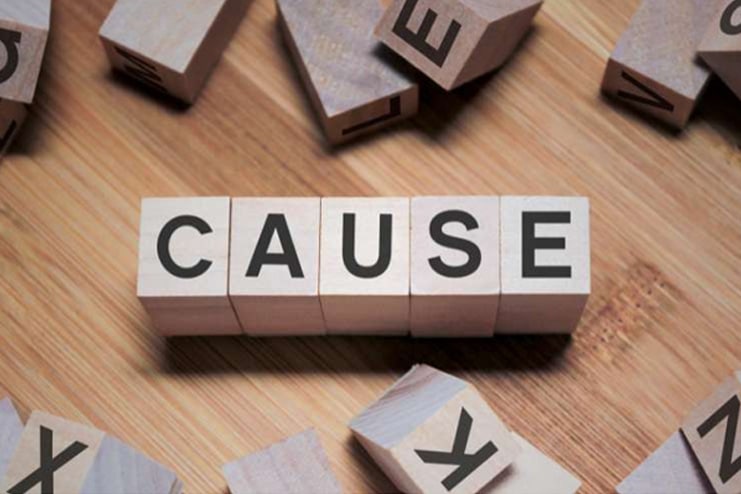
There are numerous causes of the formation of blood blisters in the mouth. We have made a list of significant causes of blood blisters,
- Oral Ulcers
- Allergies
- Blood blister in mouth cancer
- Vitamin deficiency
- Low platelet count
- Smoking or alcohol consumption
- Angina Bullosa Haemorrhagic or ABH
1. Oral Ulcers
Blood blisters inside the mouth are often caused by physical trauma, like accidentally biting the inside of the cheek or mouth. However, mouth ulcers can also be linked to harmful microorganisms invading the oral cavity.
Two common types of mouth ulcers that may lead to blood blisters are canker sores and cold sores.
Medications can sometimes cause side effects that result in blood blisters as well. Generally, these blisters heal within a week, but if rhe symptoms worsen or persist, seeking medical advice is essential. Always consult healthcare professional for persistent issues.
2. Allergies
A blood blister can also occur due to various allergies. If you are allergic to certain foods or drinks, consuming these foods can cause blood blisters inside the mouth.
If you eat foods that are rich in citrus or acidic in nature, the risk of forming blood blister is high.
Additionally, various foods can trigger an allergic reaction, promoting the formation of blisters in the mouth.
3. Blood blister in mouth cancer
According to experts, a blood blister can also develop in the mouth, which can lead to the formation of cancer. It is essential to consult with your doctor for evaluation and assessment to check whether it is in the initial stage.
Researchers usually find that cancer develops in the cell lining of the mouth. This usually affects the lips, tongue, and floor of the mouth. Other areas that can be affected include the gums, tonsils, cheeks, palates, and salivary glands.
The symptoms include
- A lump in the mouth
- Unhealable ulcer
- Persistent blood blister
The risk of mouth cancer increases due to regular smoking as well as heavy consumption of alcohol. Early treatment of the mouth cancer can be highly useful.
4. Vitamin deficiency
Vitamin deficiencies, particularly in Vitamin C and B12, can contribute to the development of blood blisters in the mouth. A lack of Vitamin C weakens the blood vessels in the oral mucosa, making them more susceptible to injury and blisters.
Similarly, insufficient Vitamin B12 can impair overall oral health, increasing the likelihood of ulcers and blood blisters. Ensuring a diet rich in these essential vitamins through foods like citrus fruits, leafy greens, and lean proteins can promote healing and prevent further blisters.
A balanced intake of vitamins supports the health and resilience of the mouth’s delicate tissues.
5. Low platelet count
Low blood count can also lead to blisters in the mouth and cheeks. When blood levels are insufficient, the body’s clotting system becomes less effective. As a result, blood leaks into the mucous membranes, accumulating beneath the skin’s surface, leading to blister formation.
6. Smoking or alcohol consumption
Chronic smoking and excessive alcohol intake can contribute to blood blisters in the mouth and on the cheeks. Both habits increase the risk of oral ulcers, as alcohol irritates the mucous membranes, and smoking exposes the mouth to harmful chemicals and toxins found in tobacco. These substances trigger inflammatory reactions, making the skin more prone to blistering.
One of the most effective ways to prevent blood blisters is to quit smoking and reduce alcohol consumption. By eliminating these triggers, you can significantly decrease the severity and frequency of blisters forming inside the mouth and on the cheeks.
7. Angina Bullosa Haemorrhagic or ABH
A condition known as the Angina Bullosa Hemorrhagica (ABH) can sometimes lead to blood blisters in the mouth. This condition typically affects middle-aged individuals. These blisters appear spontaneously on the oral mucosa without any apparent cause and can sometimes spread to areas like the tongue or soft palate.
Physical trauma, such as consuming hot foods or undergoing improper dental treatments, often triggers ABH. While the exact cause remains unclear, the blisters usually form due to localized blood vessel rupture, leading to blood accumulation beneath the surface of the mucous membrane.
Home Remedies to Get Rid of Blood Blister in Mouth
Some important home remedies can help you eliminate blood blisters inside your mouth and cheek. Below is a list of some effective home remedies.
1. Ice
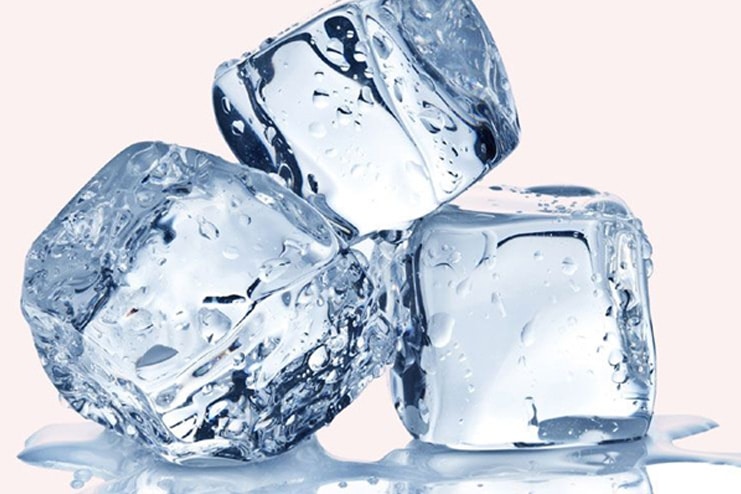
Ice has been considered one of the best remedies for curing blood blisters in the mouth. The colder temperature of the ice helps constrict the blood vessels. It also helps reduce the swelling and cures the blood flow from the tissues beneath the surface of the skin. Applying this just after getting the blood blister will be more helpful.
2. Turmeric

In addition to the numerous health benefits, turmeric is an effective remedy for blood blisters. Renowned for its therapeutic and medicinal qualities, turmeric is a powerful natural treatment. Its antiseptic properties prevent skin infections, making it especially beneficial for healing blood blisters. By promoting skin repair and reducing inflammation, turmeric helps soothe affected areas, aiding in a faster and more effective recovery.
3. Cucumber

Experts suggest that cucumbers are rich in silica, which is vital in strengthening skin tissues, making them an excellent remedy for various skin issues. Their soothing properties help alleviate inflammation, reduce swelling, and ease the discomfort of blood blisters. By promoting skin healing and cooling, cucumbers help accelerate recovery while offering relief from the pain caused by these blisters.
4. Aloe Vera

Aloe vera is considered a great home remedy for various important health problems. It is even more effective for skin problems and relieves the inflammation caused by blood blisters and pain.
5. Sandalwood
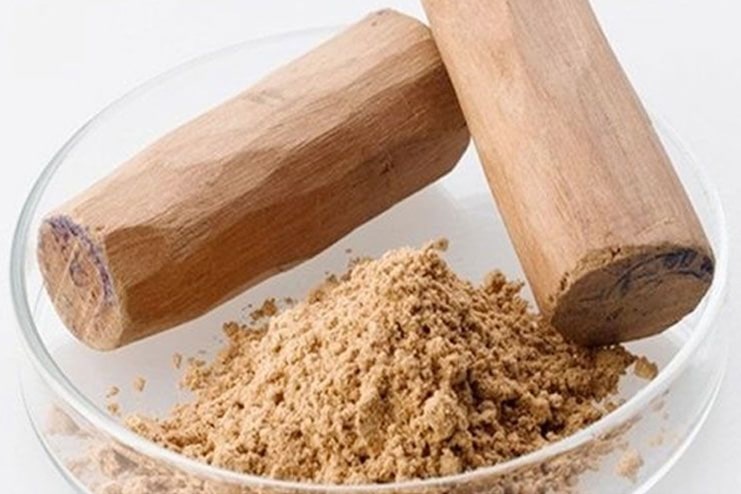
Sandalwood is another powerful and natural remedy for blood blisters. When applied to the affected area, it works wonders by calming inflammation and relieving the pain associated with the blister. Sandalwood’s cooling and anti-inflammatory properties help soothe the skin, promoting faster healing.
Its medicinal compounds also help reduce discomfort and prevent further irritation. By incorporating sandalwood into your skincare routine, you can effectively address the symptoms of blood blisters, providing a natural, gentle way to support recovery.
6. Tea tree oil
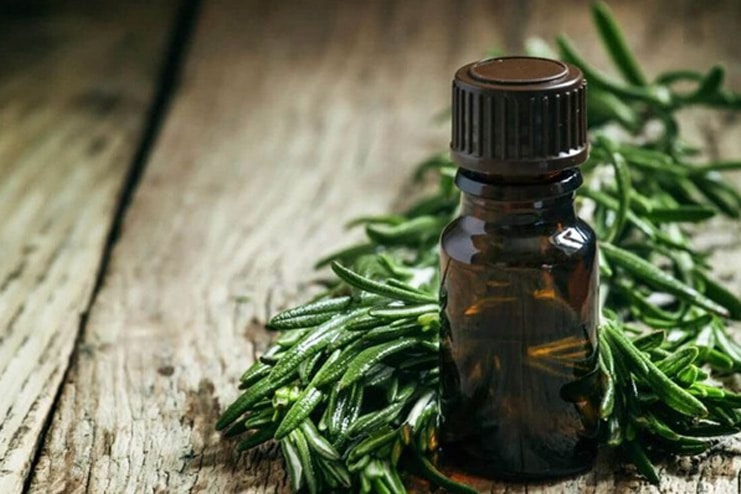
People widely regard tea tree oil as an effective remedy for blood blisters due to its powerful antifungal and antiseptic properties. These qualities help protect the affected area from infection, ensuring a cleaner healing process.
Beyond infection prevention, tea tree oil also reduces inflammation and alleviates the pain associated with blood blisters. By soothing the skin and promoting faster recovery, it offers a natural and effective solution to managing and healing blood blisters, making it an essential addition to any skincare routine.
Conclusion
While blood blisters in the mouth may seem alarming, most cases are easily manageable with proper care and understanding of their causes. Whether due to physical trauma, infections, or underlying health issues, timely treatment and lifestyle changes can help prevent recurrence. Always seek professional advice if symptoms persist, ensuring effective healing and oral health preservation.
-
May 2017Written by Prajakt
-
Nov 2024Edited by Ankita
In this Article














